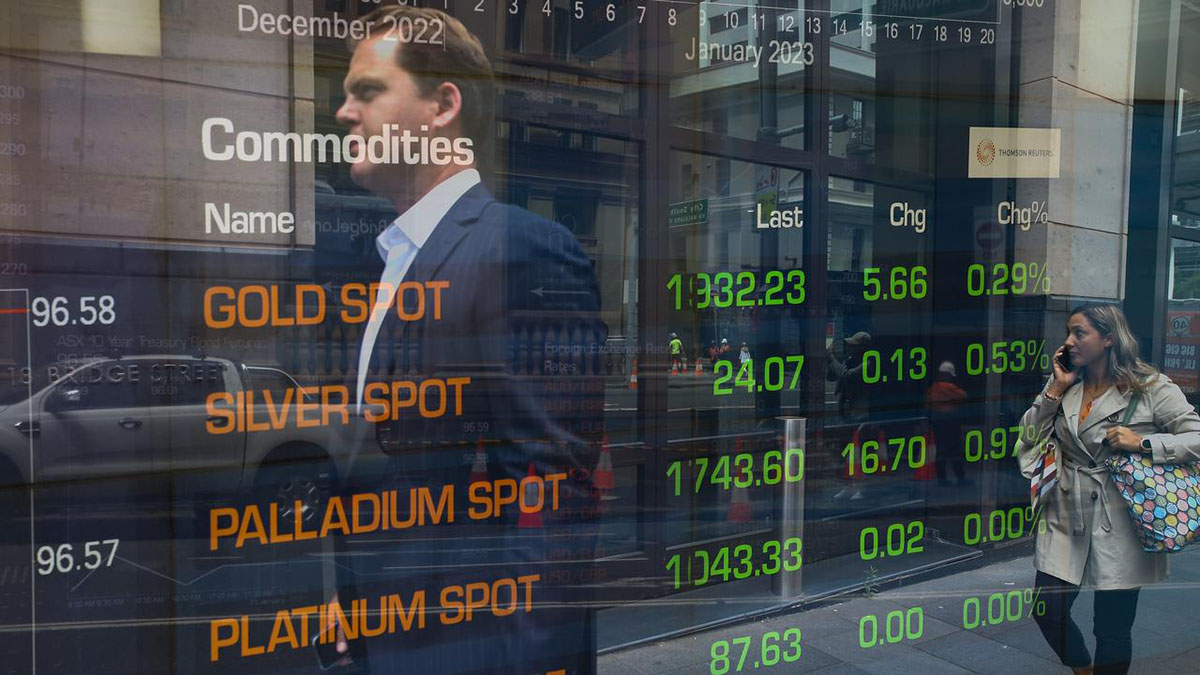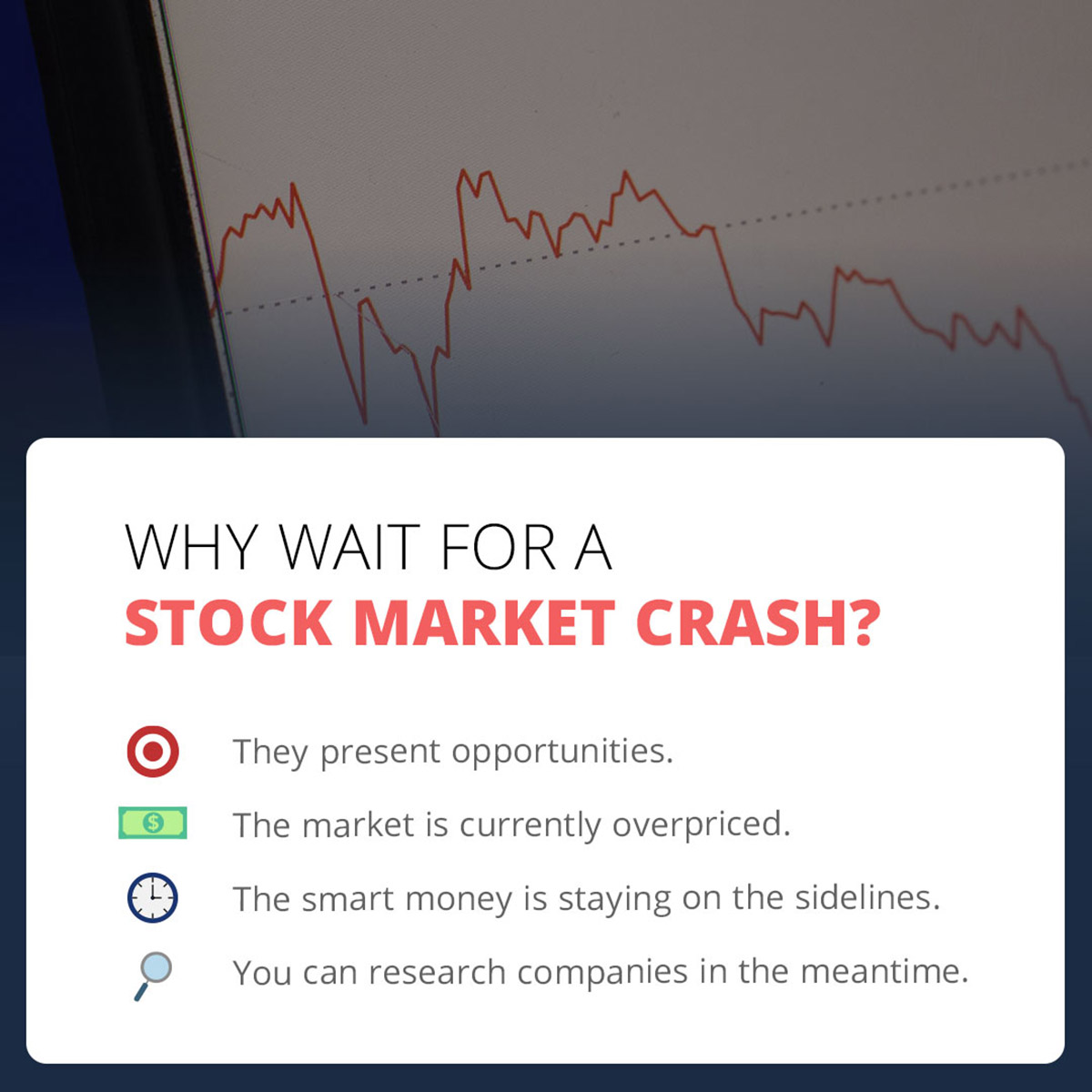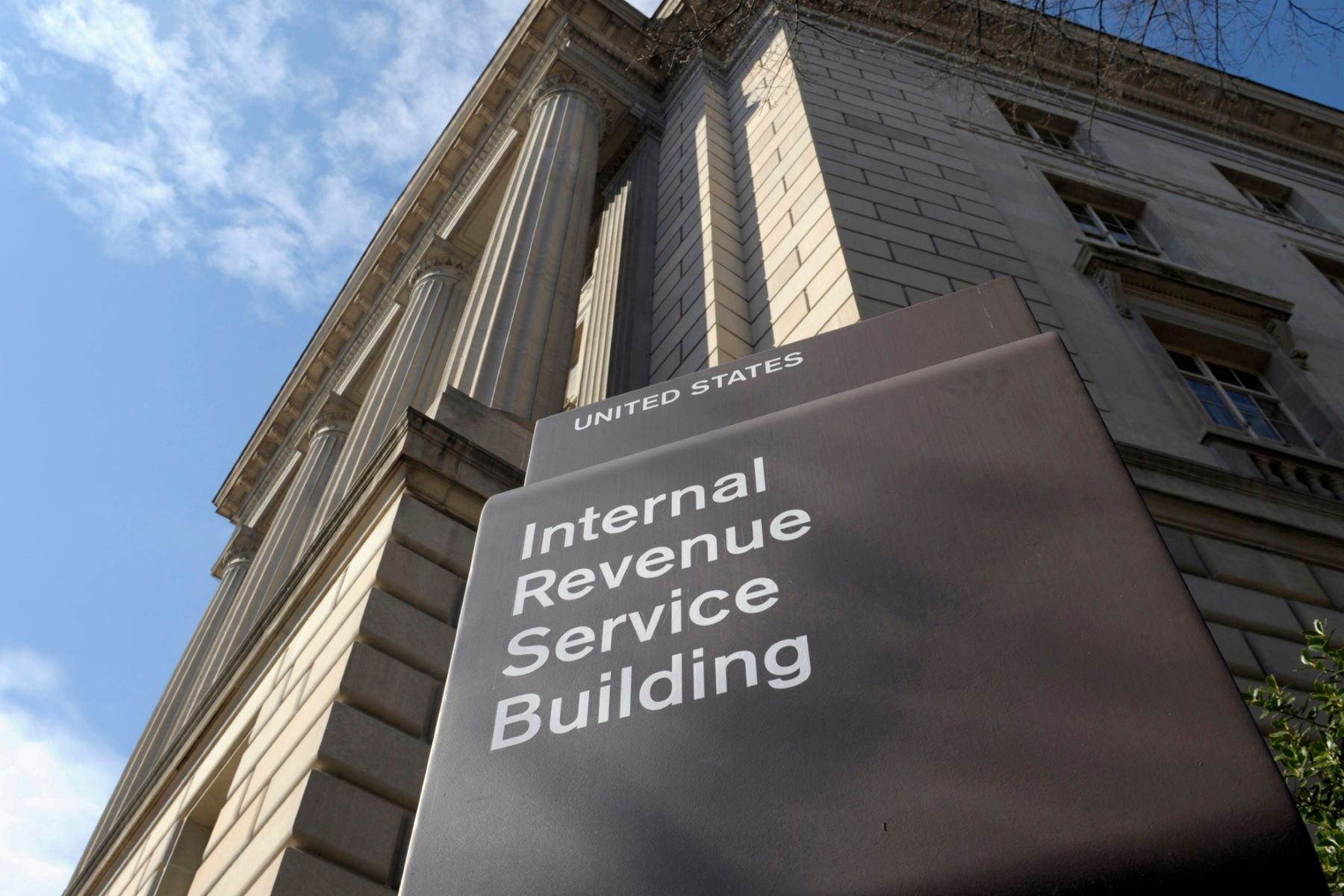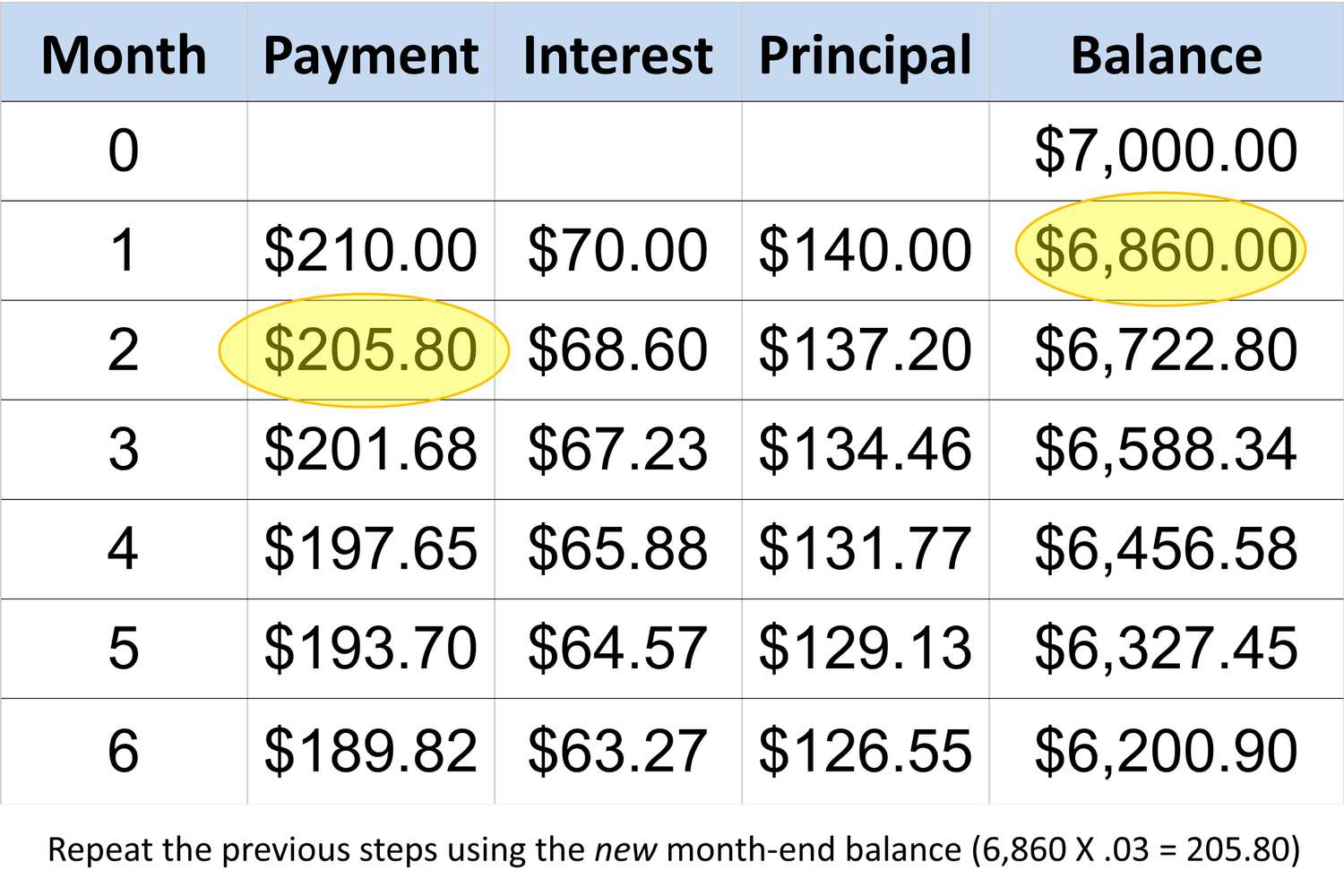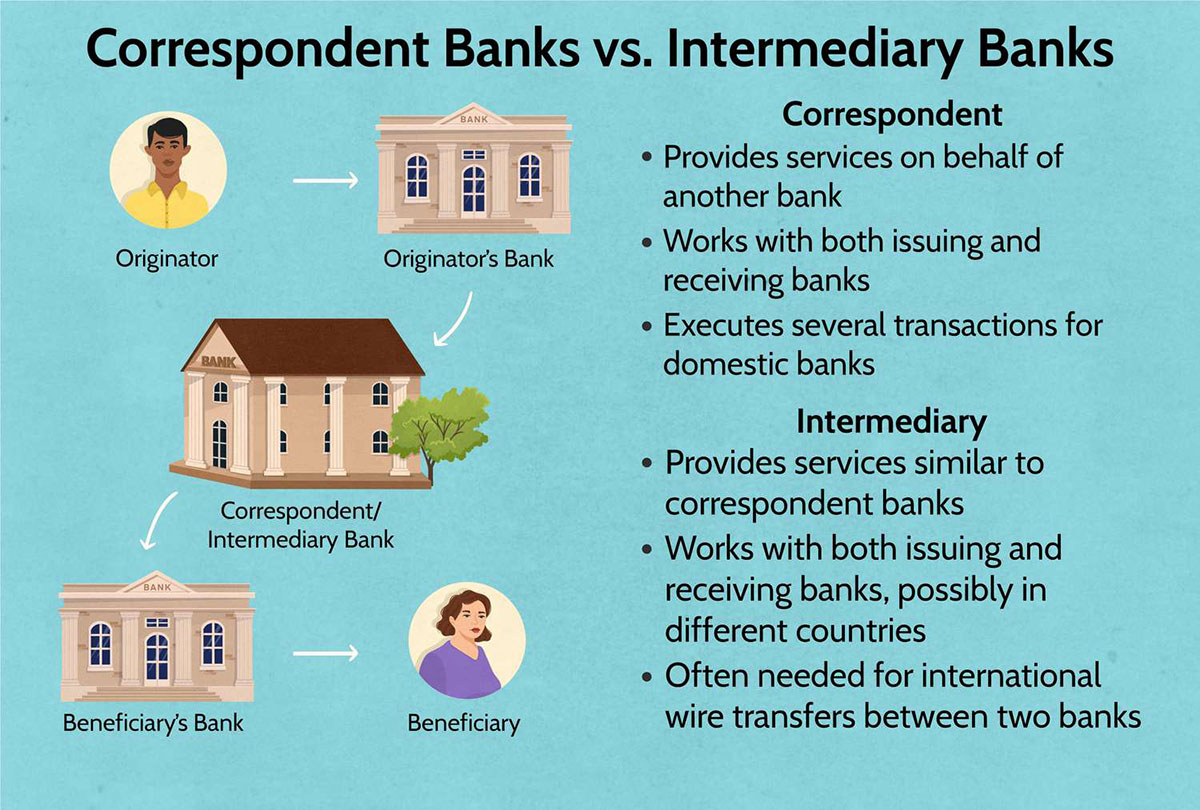

Finance
Stock Market Hours: When Are The Best Times?
Modified: September 6, 2023
Stock market hours that all investors and traders should know and the best times for trading to achieve higher stock returns.
(Many of the links in this article redirect to a specific reviewed product. Your purchase of these products through affiliate links helps to generate commission for LiveWell, at no extra cost. Learn more)
If you are an investor or a trader, it is essential to know the stock market hours. Learning the best times for trading can make a big difference in the prices you will get. This will also help you avoid waiting in line until the start of the next trading session if you traded outside of the stock market hours.
With this guide, you will understand the different operating hours of the stock market and the best times to trade that will give you more opportunities for your investment.
Regular Stock Market Hours

Photo by Robert Jones from Pixabay
In the largest stock exchange in the world, the New York Stock Exchange (NYSE), regular stock market hours are Monday to Friday from 9:30 am to 4:30 pm (Eastern Standard Time). This applies to NASDAQ, which is also located in New York City.
Before or right after market holidays, these major U.S. stock exchanges close early and regular stock trading ends at 1 pm (Eastern Standard Time).
On weekends, there are no regular stock trading hours. They are also closed for nine federal holidays per year such as New Year’s Day, Presidents’ Day, Martin Luther King Jr. Day, Memorial Day, Labor Day, Independence Day, Thanksgiving, and Christmas.
Trading Hours Around The World
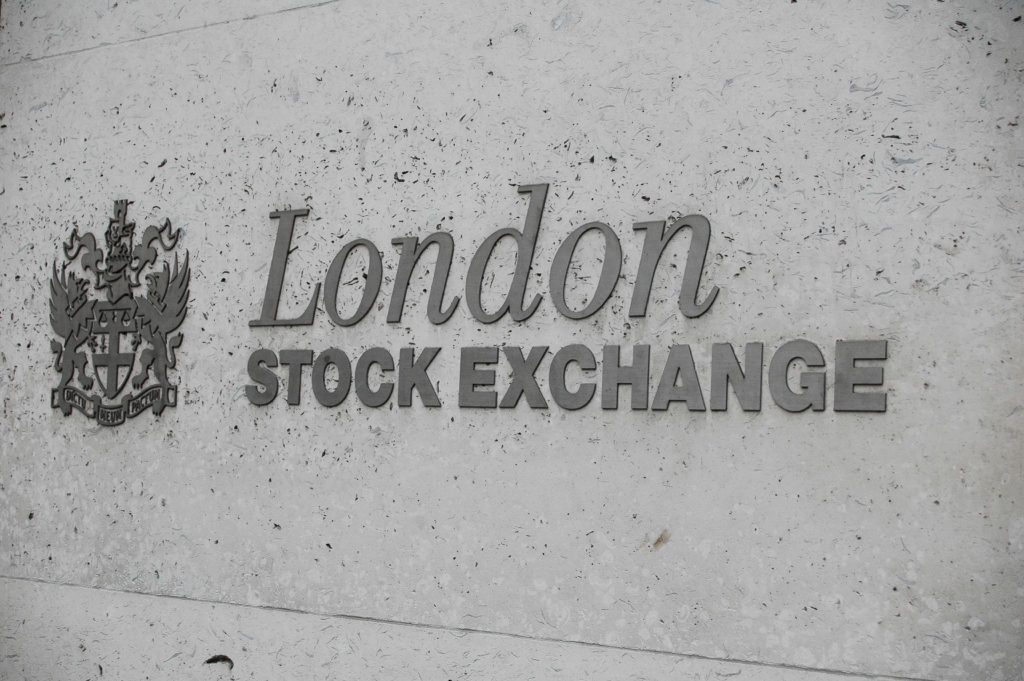
Photo by jam_90s from Flickr
Most of the stock market hours around the world operate at around 9 in the morning and close at varying times in the evening. In China, the Shanghai Stock Exchange and Shenzhen Stock Exchange both open at 9:30 am to 11:30 am and 1 pm and 3 pm (China Standard Time). They are closed for 15 holidays per year.
The Tokyo Stock Exchange in Japan is open from 9 am to 11:30 am and 12:30 pm to 3 pm (Japan Standard Time). It is closed for 22 holidays per year. The Hong Kong Stock Exchange operates from 9:30 am to 12 pm and 1 pm to 4 pm (Hong Kong Standard Time). It is closed for 15 holidays per year.
In Europe, the London Stock Exchange opens at 8 am until 4:30 pm. While the Euronext Paris in France and the SIX Swiss Exchange in Switzerland both operate from 9 am until 5:30 pm local time.
Extended Hours Trading
Photo from Max Pixel
Extended hours trading is the time where investors can still trade stocks outside the regular stock market hours. Also known as after-hours trading, it allows you to buy or sell stocks even after the market closes for the day.
Extended or after-hours trading is divided into two different parts of the day: the Pre-market trading and Post-market trading. Pre-market trading happens in the morning before the markets open at 9:30 am. The start of this session usually depends on the exchange. Most exchanges take place in the Post-market trading after the markets close.
For the New York Stock Exchange (NYSE) and the NASDAQ, after-hours session takes place between 4:00 pm and 8:00 pm (Eastern Time). It is usually completed through Electronic Communication Networks (ECNs) matching potential buyers and sellers to execute limit orders without the use of a traditional stock exchange.
Most brokerages require customers to agree to ECNs before they engage in extended-hours trading. Sometimes, they are also required to discuss it with a representative so they can understand the potential risks associated with this trading.
Benefits & Risks Of Extended Hours Trading
Benefits
1. Convenience – Trading outside of the regular stock market hours may be preferred by some investors. The extended hours trading provides such flexibility.
2. Fresh Information – You will have access to fresh information and breaking news stories before the stock market opens the next day.
3. Pricing Opportunities – Even outside the regular stock market hours, you may find some appealing prices during extended-hours trading.
Risks
1. More Volatility – You are more likely to experience severe fluctuations in price in extended-hours trading compared to trading in regular stock market hours. This is because the after-hours market is thinly traded than the regular hours.
2. Less Liquidity – There are fewer buyers and sellers and trading volume for your stock outside the regular stock market hours. It also may be harder to convert shares into cash.
3. Larger Quote Spreads – A lower trading volume during the after-hours may cause a larger spread between the bidding and asking prices. It may be hard for an individual to have his or her order executed at a favorable price.
When Are The Best Days Of The Week For Trading?

Photo by rawpixel from Pixabay
According to a theory, Monday afternoon is usually the best time of the week for buying a stock because the market tends to drop at the beginning of the week. The theory is also known as “The Monday Effect,” which suggests that Mondays are more suitable for achieving higher returns. Many experts recommend that Friday is the best day of the week for selling a stock.
When Are The Best Times For Trading In The Stock Market?
Photo from Max Pixel
Regular stock market hours begin at 9:30 am (Eastern Standard Time) and a lot of traders trade during the first one to two hours. Especially in the first hour in the morning, market volumes and stock prices are the most volatile. But for brand new traders, it may be wise to avoid the first 15 minutes when the market opens.
However, if you are already an experienced trader, trading during these stock market hours could give you the biggest trades of the day on the initial trends. Starting at 9:30 am and ending at 10:30 am (Eastern Standard Time) is often the best trading time of the day. It provides excellent opportunities in the shortest amount of time. These hours usually have a lot of profit potential.
You can also extend your session to 11:30 am if you want another hour of trading. However, a lot of professional traders stop trading around 11:30 am because the volume and volatility diminish. Also, the trades take longer and moves are smaller on lower volume. Although it still depends on the trading strategies you are using.
Aside from trading in the morning, many traders also trade from 3 pm to 4 pm (Eastern Standard Time). This is the last hour of the day for regular stock market hours. These last several minutes of trading can be active, full of bigger moves on high volume. If you would like to achieve more profit, then trading in the first and last hours of the regular stock market hours may benefit you.


